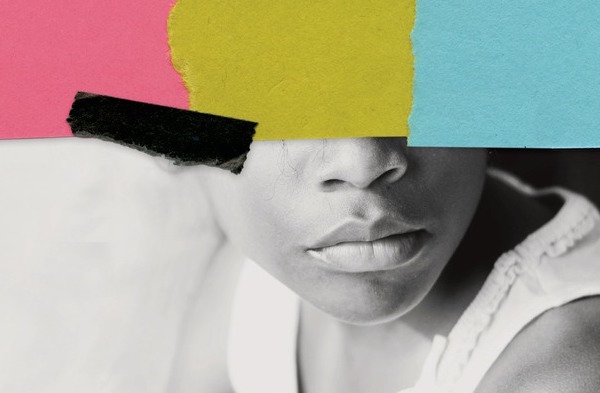【Aam Ras (2024) Hindi Short Film】
Black History
First Person
The Paris Review staff is off in a tryptophan-induced haze, so we’re reposting some of our favorite Thanksgiving pieces. Enjoy your holiday!

From the cover of Disgruntled, Asali Solomon’s debut novel.
Back in the early 1980s, no one at the mostly white elite prep school I attended had heard of Kwanzaa, which I’d grown up celebrating instead of Christmas. This was a yearly hassle of explaining: yes, presents; no, Santa Claus. But absolutely no one had heard of Umoja Karamu, “a ritual for the black family” that we observed at Thanksgiving. This one I never volunteered to explain. Black families who celebrated Umoja Karamu (Kiswahili for “unity feast”)—and we were the only one I knew of—were to trade in the ritual of senselessly stuffing ourselves for one in which we used food and words to reflect on the grim, glorious trajectory of black people in America, to recall the crimes of the “greedy one-eyed giant” white man, and to keep the “Black Nation” energized and focused, struggling toward liberation from racism.
During Umoja Karamu, which lived in a 1971 booklet (a mere two years older than I was) published by a fellow Philadelphian named Edward Sims, we sat at our special holiday table and took turns reading solemnly aloud from a pithy narrative of African American history that moved from the ancient kingdom of Mali to the Watts riots. Between readings, we ate a symbolic sequence of aggressively non-Thanksgiving foods, including black-eyed peas, rice, corn bread, and leafy greens, all served unseasoned, perhaps to make us more thoughtful. Blessedly, my mother always insisted on a normal holiday meal after Umoja Karamu. But Edward Sims was certainly about his business. Each Thanksgiving, as I waited to get to the stuffing and gravy, I did indeed taste the suffering we read about. I experienced the “bland and tasteless condition under which Black Folk lived during the slavery period” in the form of unsalted white rice and chalky black-eyed peas. But happily, enduring Umoja Karamu, unlike the suffering of the Black Nation, was a private shame, one about which my school friends knew nothing. That is, until I received a fifth-grade assignment to write an essay about family Thanksgiving traditions and to read it aloud.
Read More >>





Related Articles